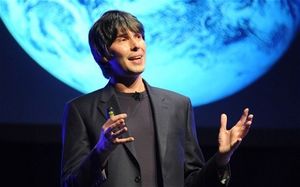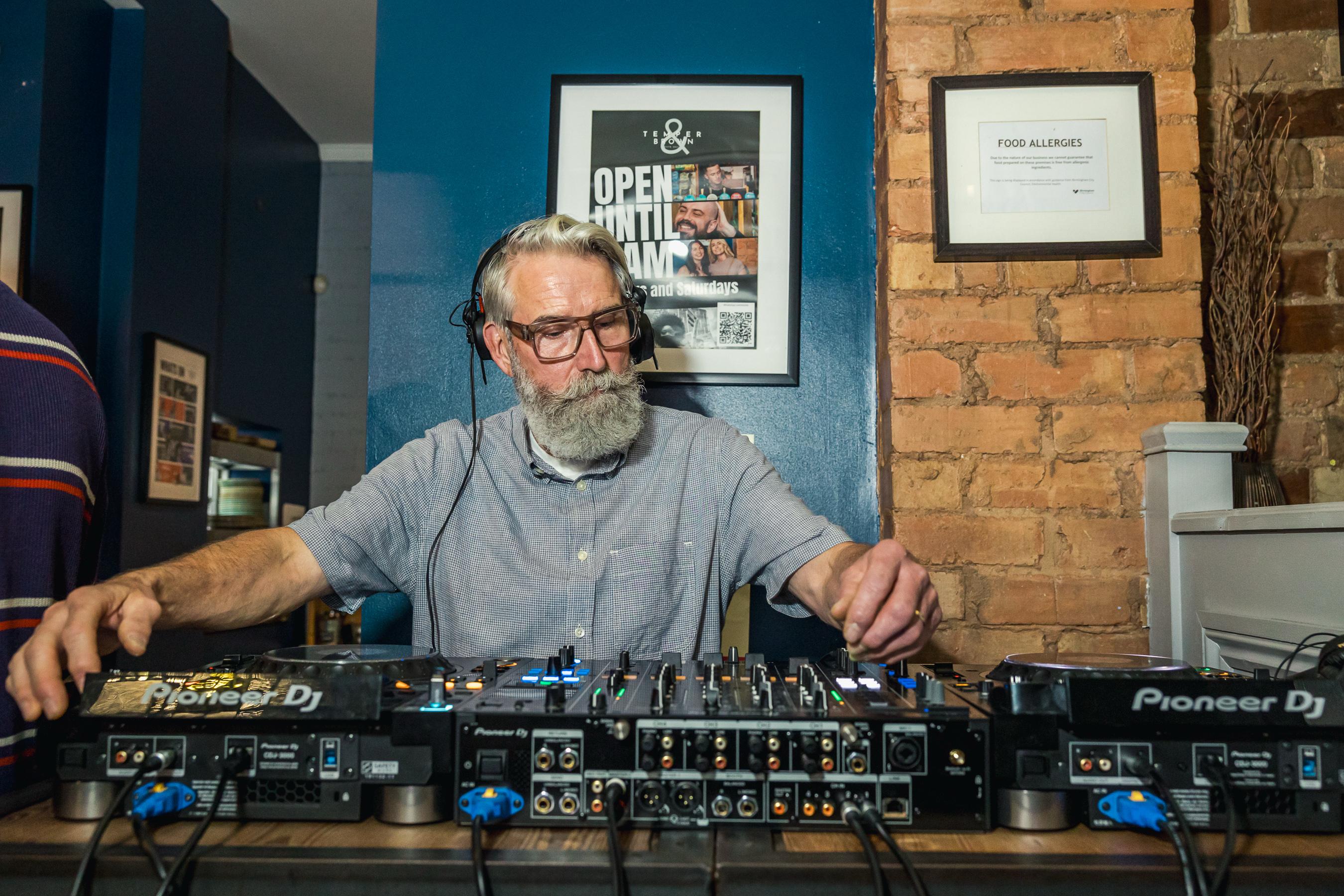Professor Brian Cox, Arena Birmingham - review
t’s impossible for someone of normal intelligence to try and dissect one of Professor Brian Cox’s live lectures.

All you can do is sit back, try to relax and allow him to well and truly blow your mind.
There were so many fascinating facts and theories thrown at us in such a short space of time – the numbers were mind-boggling, the theories jaw dropping and the facts astonishing.
Opening with a huge image of stars, Professor Cox tried to explain our unique position in the universe, showing how truly unique, and at the same time insignificant, our planet and its inhabitants really are.
Pictures of the cosmos, galaxies and our own milky way were beamed onto the huge screen, which provided the backdrop for the professor’s lecture.
He tried to say it wasn’t a lecture because that doesn’t sound too appealing – but it was.
Back to the figures. Did you know there are 200 billion stars in our own milky way? And in our observable universe there are two trillion galaxies? That means there are even more we haven’t even seen yet.
It would have been easy to have lost the plot at Arena Birmingham last night as the audience sat in stunned silence throughout, but as Robin Ince – the comedian who travels with Professor Cox to try and bring some normality back into the show, which is much appreciated for someone like me who was struggling to keep up – it was wonderful that 12,000 people had decided to spend their Saturday night in Birmingham listening to a science lecture rather than simply going out and getting drunk.
Professor Cox has moved science into another realm, bringing some of the most fascinating scientific discoveries and theories into every day homes. He’s helping to make science cool.
During his talk he explained how when we see something that is x-amount of light years away, we’re actually looking into the past.
It takes so long for light from certain stars, planets and galaxies to reach us, what we’re actually seeing may not even be there anymore.
We can see things that are 30 billion light years away, which means it’s taken 30 billion light years for that beam of light to reach our telescope. A lot of things could happen in that time.
Professor Cox also explained how the theory of evolution had become the theory of gravity and how the speed of light was a fundamental constant of the universe. Space time is the fabric of the universe.
Possibly the most mind-blowing fact of the entire night was how different events during the space time can make you age at a different rate. A decision in your life can literally age you.
Then were a few pauses for comedy too, as Professor Cox explained how he had been described as a drunk version of Orvil and Alan Bennett – and Ince asked the audience to please refrain from asking for the professor’s hand in marriage during the question and answer session at the end (not guilty).
Then he was straight back to the science, explaining the theory of black holes, the origins of the universe, light cones and cosmic microwave radiation.
Apparently nothing really happened in the universe during its first 1,000 million years. And to explain the origins of our universe in more detail a picture was beamed on to the screen that showed the its earliest form.
Seeing the creation of life itself, on a screen, in Birmingham, on a Saturday night is very hard to get your head around. And then he told us how life probably once was, and may still be, on Mars.
But there’s also a growing theory that despite all the billions of stars in our galaxy, and the trillions galaxies in the observable universe, there is an outside chance we may actually be alone.
If that’s the case, I suppose we had better make the most of it while we’re here.





